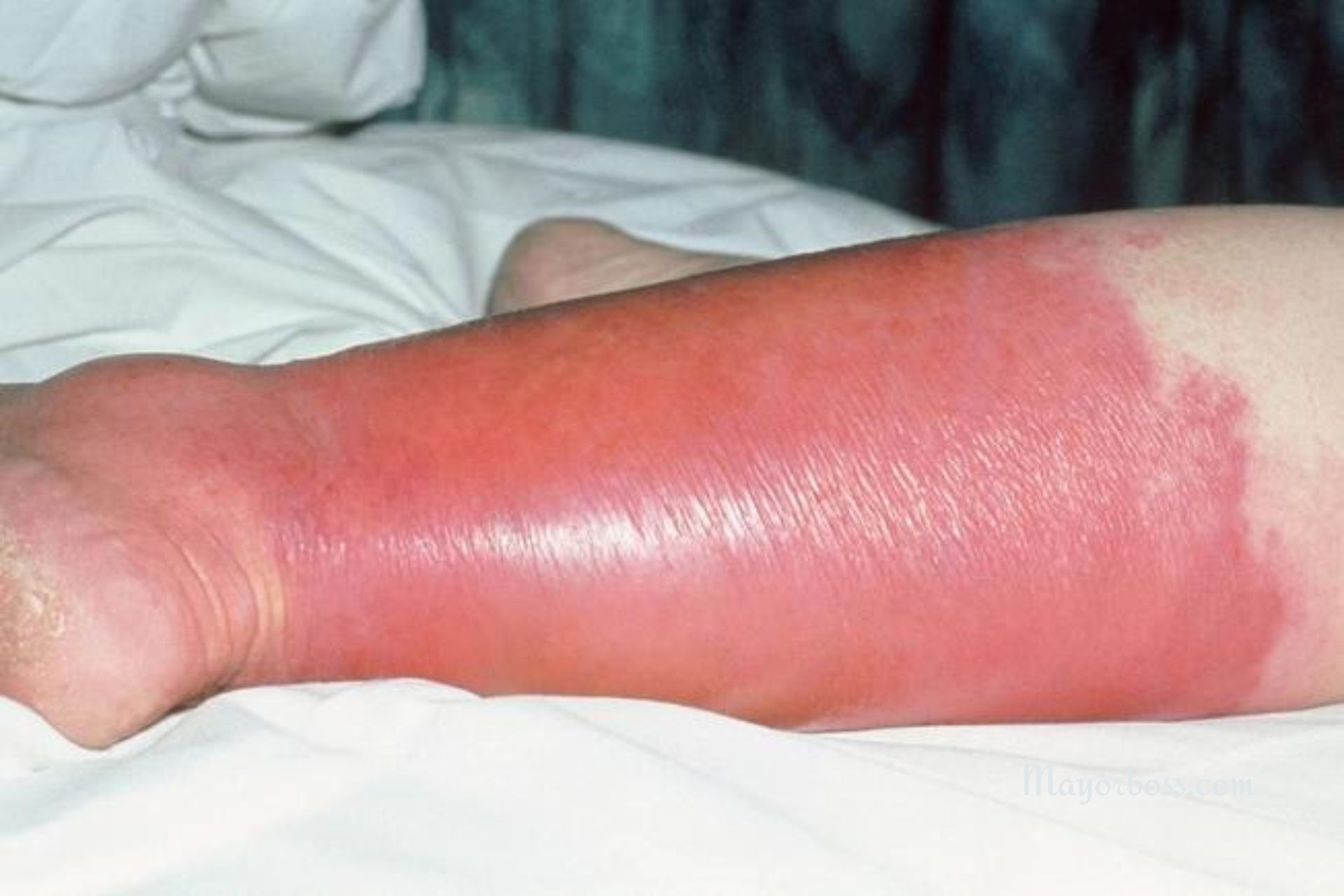Why Does My Jaw Hurt Near My Ear?
Have you recently noticed pain near your ear, especially when you chew, speak, or simply open your mouth? This discomfort can be not only puzzling but also quite concerning. Jaw pain near the ear is a common issue that can arise from various causes, ranging from simple to complex. In this article, we’ll dive into the reasons behind this discomfort, explore potential treatment options, and offer advice on how to prevent future occurrences.

What Causes Jaw Pain Near the Ear?
Jaw pain near the ear can stem from several sources, each with its unique triggers and treatments. Understanding the cause is crucial for effective management. Here are the most common culprits:
- Temporomandibular Joint Disorder (TMD): One of the most regular causes of jaw pain radiating to the ear is a TMJ disorder (TMD). TMD is an umbrella term covering several issues that affect the proper functioning of your temporomandibular joint. Some common symptoms of TMD include pain near the jaw joint, in front of the ear, or extending into the ear itself.
- Ear Infections: While it might seem unrelated, ear infections can cause significant pain that radiates to the jaw area.
- Dental Issues: Problems such as cavities, gum disease, tooth decay, or impacted wisdom teeth can lead to jaw pain.
- Sinusitis: The inflammation of the sinus due to infection can result in pressure on jaw areas, causing pain.
- Arthritis: Degenerative conditions like arthritis can affect the temporomandibular joint, leading to pain and discomfort.
- Stress: Stress and anxiety can lead you to clench your jaw or grind your teeth (bruxism), especially at night, resulting in morning pain near the ear.
- Migraines: Some people experience jaw pain linked to migraine headaches.
Treatment Options for Jaw Pain Near the Ear
The treatment for jaw pain near the ear depends on the underlying cause. Here are some strategies:
- Medications: Pain relievers and anti-inflammatories can help manage pain and swelling.
- Warm or Cold Packs: Applying warmth or cold to the affected area can reduce pain and swelling.
- Dental Intervention: If the pain is due to dental issues, treatments like fillings, root canals, or tooth extraction might be necessary.
- Physical Therapy: Exercises to strengthen jaw muscles and therapies to improve movement can be beneficial.
- Stress Management: Techniques like meditation, counseling, and relaxation exercises can reduce bruxism and its associated pain.
- Surgery: In severe cases, especially when TMJ disorders do not respond to other treatments, surgical options may be considered.
Preventing Jaw Pain Near the Ear
Preventing jaw pain involves addressing potential causes before they escalate:
- Maintain Good Oral Hygiene: Regular brushing, flossing, and dental check-ups can prevent problems that lead to jaw pain.
- Avoid Chewy or Hard Foods: Reducing strain on your jaw by avoiding hard or chewy foods can prevent pain.
- Manage Stress: Adopting stress management techniques can prevent teeth grinding and clenching.
- Use Protective Devices: Wearing a mouthguard at night can protect against teeth grinding.
- Practice Good Posture: Keeping your neck and shoulders relaxed can help maintain proper jaw alignment.
Frequently Asked Questions
- Can jaw pain near the ear go away on its own? Yes, in some cases, especially if it’s due to temporary stress or minor infections, jaw pain can resolve without extensive treatment. However, persistent or severe pain should be evaluated by a healthcare professional.
- Is it necessary to see a doctor for jaw pain near the ear? While minor pain might not require immediate medical attention, you should see a doctor if the pain is severe, persistent, or accompanied by other symptoms like fever, hearing loss, or difficulty chewing.
- Can exercises really help with jaw pain? Yes, certain exercises can strengthen jaw muscles, improve flexibility, and reduce pain. However, it’s important to perform these exercises under the guidance of a healthcare professional to avoid further injury.






